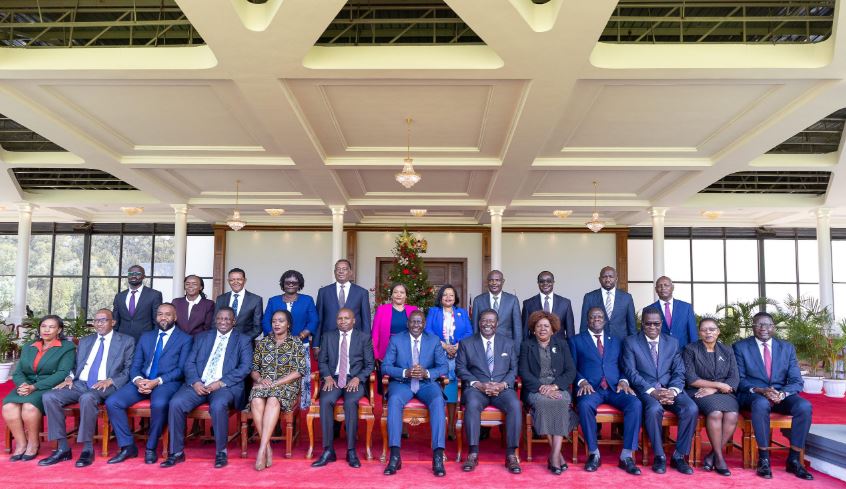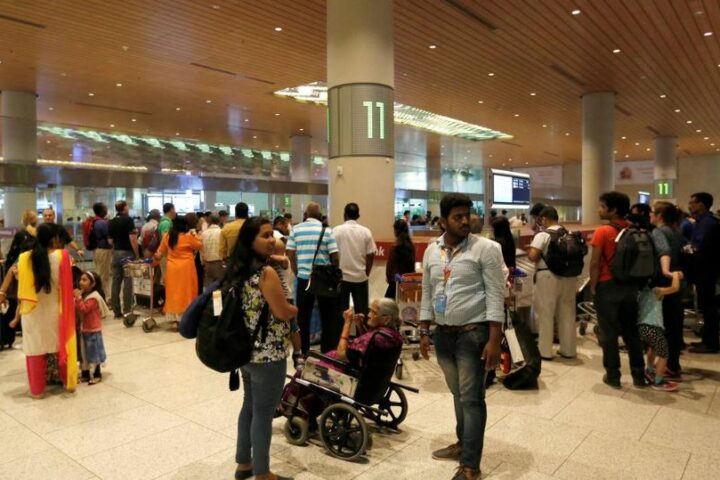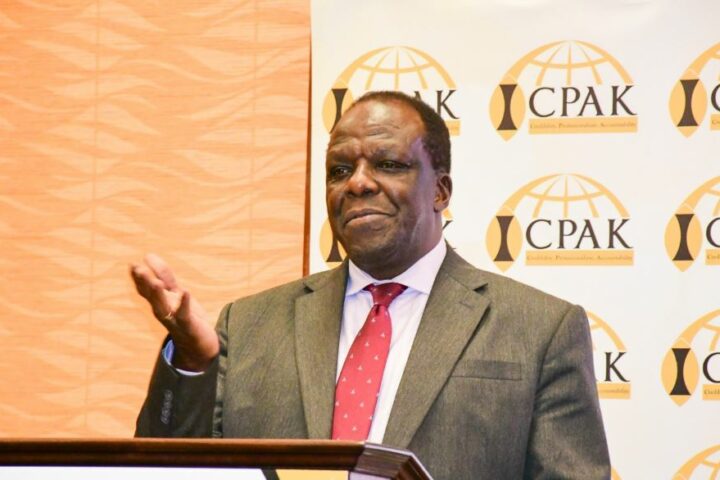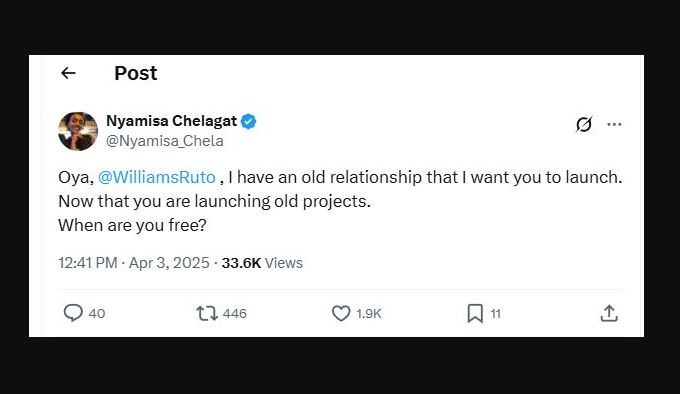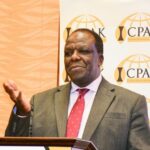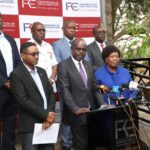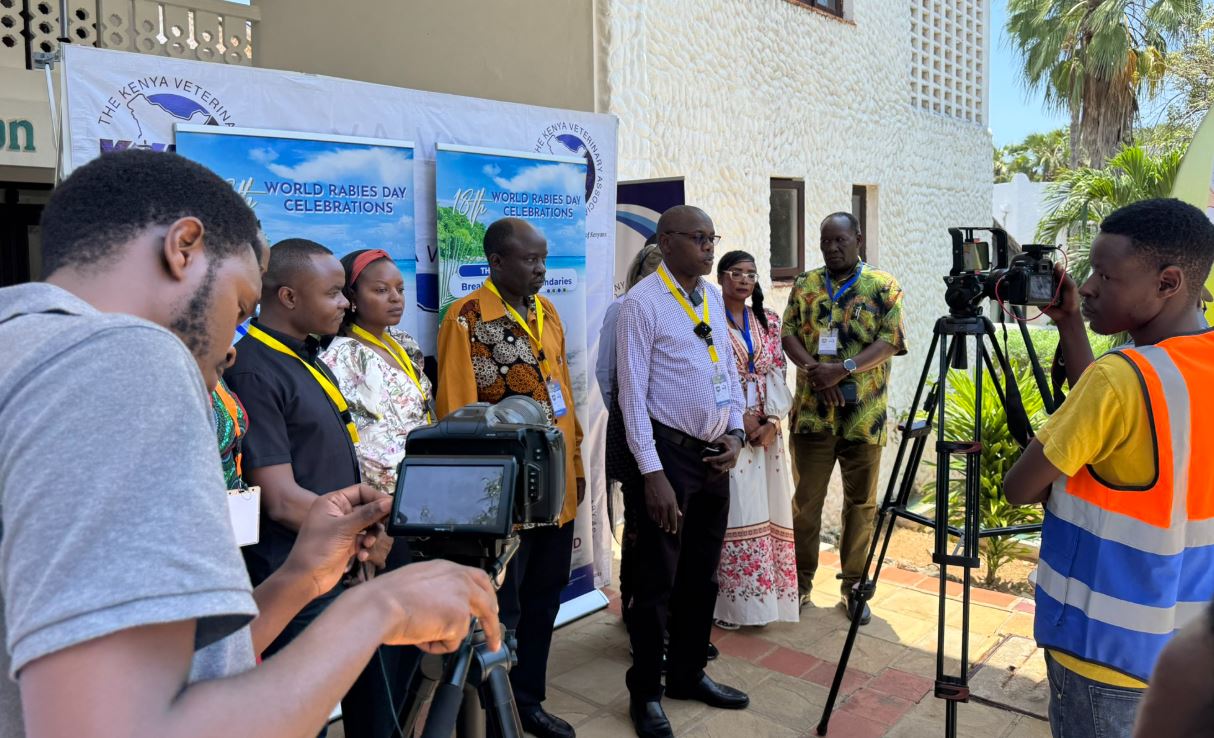 In a lengthy statement released yesterday, the Kenya Veterinary Association (KVA) has called on President William Ruto’s administration to “pause the current exercise to allow time for adequate public sensitization” before proceeding with the much-debated livestock vaccination program.
In a lengthy statement released yesterday, the Kenya Veterinary Association (KVA) has called on President William Ruto’s administration to “pause the current exercise to allow time for adequate public sensitization” before proceeding with the much-debated livestock vaccination program.
The KVA’s letter serves as a pointed critique of the government’s handling of the campaign, which they believe has been beset by inadequate planning, politicization, and a loss of public trust.
The proposed nationwide vaccination campaign aims to combat high-impact livestock diseases such as Foot-and-Mouth Disease (FMD) and Peste des Petits Ruminants (PPR). the vets acknowledges the critical need for widespread immunization of farm animals, it insists that the government’s approach is rushed and could result in “unmitigated failure” unless key concerns are addressed.
“We strongly condemn attempts by some politicians to politicize the vaccination campaign,” the KVA statement reads. “Such actions distract from the critical goal of controlling diseases and risk alienating livestock keepers.”
KVA officials contend that the government’s decision to forge ahead without robust stakeholder engagement or adequate public awareness has sown confusion among farmers and veterinarians alike.
According to them, the credibility crisis that has bedeviled this administration has not helped the process either. “From supplying its own farmers with fake fertilizer to so many lies told as promises, it’s hard to blame Kenyans when they see conspiracies in such programs.” the letter reads.
They argue that any successful mass vaccination initiative must be built on a foundation of widespread education, scientific rigor, and grassroots support.
Key Recommendations
- Postpone the Campaign: The KVA stresses that “the government should pause the current exercise to allow time for adequate public sensitization,” warning that pushing forward when many Kenyans are skeptical could erode trust in both the program and the administration.
- Risk-Based Approach: Instead of blanket vaccination drives, KVA suggests targeting the diseases that are most prevalent in specific regions. This strategy would optimize resources and address the areas where livestock owners face the greatest threats.
- Address Public Concerns: “Lecturing of Kenyans by government officials can only lead to rebellion and hostility,” the statement asserts. The vets are urging authorities to provide transparent information so farmers can make independent, informed decisions.
- Enhance Stakeholder Engagement: The association believes involving veterinary professionals, farmers, and local leaders from the outset would bolster public acceptance of the campaign.
- Depoliticize the Exercise: Stressing that the vaccination campaign must remain purely about animal health and public safety, KVA calls on politicians to refrain from using the issue to score points.
Devolution and Resource Gaps
KVA also highlights the “challenges of devolution in veterinary services,” noting that many counties lack sufficient veterinary personnel.
They call for increased funding and better coordination between national and county governments, pointing out that “Kenya currently has only over 2,800 registered veterinary surgeons, with only about a quarter of these in public service.”
KVA’s statement ends with a plea for collaboration, urging the Ruto administration to work closely with veterinarians, county officials, and the broader agricultural community.
“By acting decisively and collaboratively, we can control FMD and PPR, enhance livestock productivity, secure livelihoods, and regain Kenya’s standing in international trade,” the statement concludes.
While the government has yet to respond directly to KVA’s recommendations, President Ruto and his delegation’s speeches on Tuesday showed that they were not backing down, and intend to move on with willing farmers, against direct advice that ‘Herd Immunity Threshold’ may not be achieved in such a toxic and distrustful political climate.
Perhaps another waste of otherwise better utilized public resources, as will be most programs until trust is restored.
